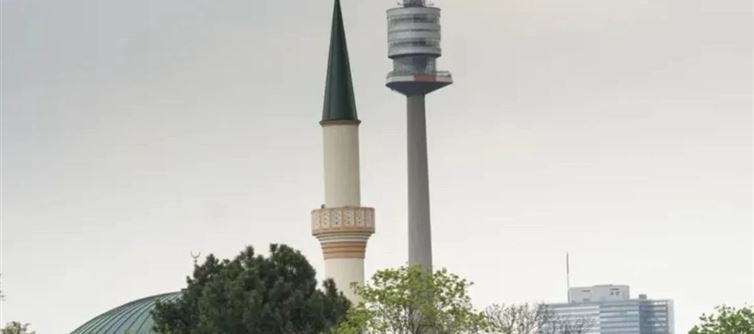
In Vienna's elementary schools, 41.2 percent of kids identify as Muslim, while 34.5 percent identify as Christian, according to official data from the city's school council. Concerns over integration, linguistic hurdles, and educational standards have been brought up by the numbers, which also reveal that German is becoming more and more of a second language in many classes.
About 112,600 children from primary, secondary, special education, and polytechnic schools are included in the statistics, which was provided by the office of Bettina Emmerling (Neos), Vienna's City Councillor for Education.
Although the percentage of Muslim students has increased, a total of 34.5% of students are Christian, with 17.5% being Roman Catholic and 14.5% being Orthodox, according to the Austrian website The Local.
Another 23% of students say they have no religious affiliation at all. Buddhism (0.2 percent), judaism (0.1 percent), and other religions (0.9 percent) are smaller groups.
"In Vienna, no one should base their way of life on the fundamentalist interpretation of religious texts that are hostile to women, minorities, the state, or democracy," Emmerling told APA, according to Der Standard.
"Democracy, values, and ethics must be taught on a common basis," she continued, applauding ideas already put up by Christoph Wiederkehr, the education minister of Neos, to include the subject in the national curriculum.
The right-wing Freedom party (FP), Austria's biggest opposition party, has harshly condemned the move. "Muslim students make up 41.2% of the student body; they are no longer a minority; they are now the new majority. Max Weinzierl, the leader of the FP's youth wing, said in a message that went viral on social media, "This isn't immigration anymore, it's displacement."
Hannes Amesbauer, the spokesperson for FP security policy, shared such worries, cautioning that "Austrians will soon be strangers in their own country."
Teachers and parent groups are also complaining that the fast changing demographics have made things very tough in classrooms. According to Austrian Parents' Association President Evelyn Kometter, the classroom is a chaotic place where "the teacher has to repeat every sentence 10 to 12 times before it is understood."
According to reports, an increasing number of teachers are leaving their positions, and ethnic Austrian families are moving out of Vienna and into rural areas in search of schools where German is still the primary language and there are few violent occurrences in the classroom.
Education officials are responding by suggesting a new course called "Living in a Democracy," which aims to foster social cohesiveness, diversity, and tolerance from a young age. However, detractors contend that before such actions can be successful, fundamental problems with language and integration must be addressed immediately.




 click and follow Indiaherald WhatsApp channel
click and follow Indiaherald WhatsApp channel